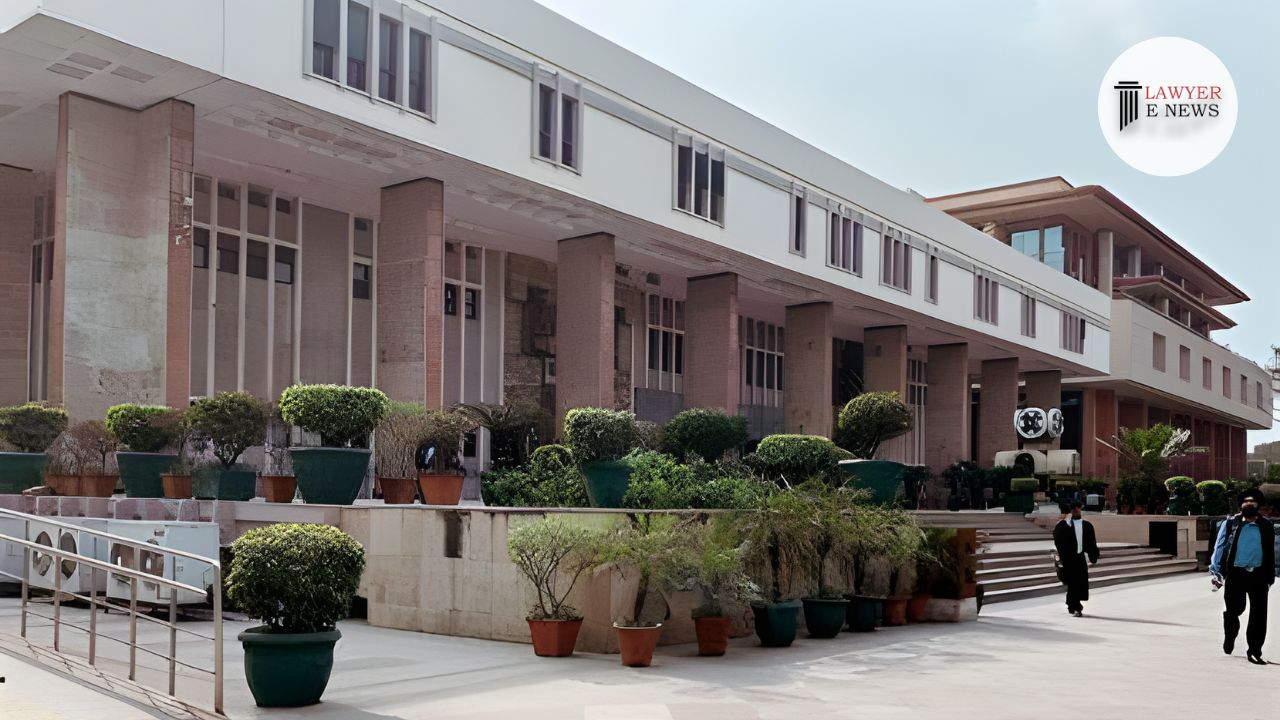-
by Admin
15 February 2026 5:35 AM



The Delhi High Court today resolved a significant legal issue regarding the scope of arbitration agreements in digitally accepted contracts. The Bench comprising Justices Vibhu Bakhru and Ravinder Dudeja referred M/s Oravel Stays Pvt. Ltd. (OSPL) and Mr. Nikhil Bhalla (NB) to arbitration over disputes relating to the non-compliance with terms in the Marketing and Operational Consulting Agreement (MOCA).
The appeals arose under Sections 7, 8, and 37(1)(a) of the Arbitration and Conciliation Act, 1996, contesting the Commercial Court’s refusal to refer a payment dispute to arbitration. Both OSPL and NB contested the lower court’s decision, which was based on a narrow interpretation of the arbitration clause in the digital contract, primarily concerning the non-payment issues under the MOCA.
OSPL had appealed the Commercial Court’s finding that the arbitration agreement did not cover the dispute, while NB challenged the very existence of the arbitration agreement, claiming the terms were not properly incorporated into the MOCA through the provided digital links.
Justice Bakhru meticulously analyzed whether the terms and conditions from OSPL’s website, including the arbitration clause, were effectively incorporated into the MOCA by reference. The court observed, “Clause 15 of the MOCA expressly incorporates the Terms and Conditions published on the website, making the arbitration clause a binding part of the MOCA.”
The court dismissed the contention that the MOCA’s hyperlink to the terms did not sufficiently incorporate the arbitration clause. It emphasized that the hyperlink explicitly led to the terms applicable to ‘Channel Partners’, which included the arbitration clause, thereby binding the parties.
Justice Bakhru further noted, “The dispute resolution clause broadly covers disputes concerning ‘the construction, interpretation or application’ of the terms, which encapsulates issues of non-compliance.”
In its conclusion, the court decisively stated that the prima facie scope of the arbitration agreement encompassed the disputes in question and therefore referred the parties to arbitration. It held, “The issues, including claims for unpaid dues and damages, relate to the interpretation and application of MOCA terms, warranting arbitration.”
Disposition: The appeals and all pending applications were disposed of, with parties referred to arbitration, reserving all rights and contentions, including the arbitrability of the disputes.
Date of Decision: 23rd April 2024
M/S ORAVEL STAYS PVT. LTD VS NIKHIL BHALLA
